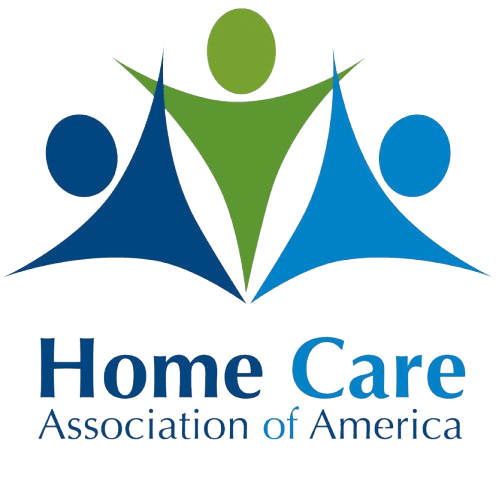Once your elderly family member is diagnosed with Alzheimer’s disease, she may worry that her entire life is over. There are some big changes coming her way, but with the right Alzheimer’s care plan, you and your senior may be able to find a path forward that helps her to have the best possible quality of life.
Make Sure Her Home Is Safe and Comfortable
Safety is always key for people with cognitive illnesses, including Alzheimer’s disease. Reducing clutter and making sure that your elderly family member’s home is overall as safe as possible is your first step. It’s also important to put plans in place to help maintain cleanliness and safety, since that is something that is likely to be incredibly difficult for your senior to manage on her own.
Put Together Some Daily Routines
Memory difficulties and cognitive changes are frustrating to manage. As Alzheimer’s disease progresses, these situations are more common and even more frustrating for your elderly family member. Having routines that she can rely on helps her to feel a little more in control of what’s happening around her. Work with your elderly family member to put together a routine that supports her needs and brings joy to her day.
Ensure that Your Senior Has Some Options
Whenever possible, make sure that your senior has choices. Even in the later stages of Alzheimer’s disease, your elderly family member can still express her preferences. That small degree of autonomy is so much more important than you might realize, because it’s still one decision that your elderly family member can make.
Limit Distractions When You Can
Distractions are tough for lots of people to deal with, but they’re especially troubling to people with Alzheimer’s disease. Your elderly family member’s brain doesn’t work the same way that it did in the past and it can be difficult for her to filter out background noise and visual distractions. Reducing distractions as much as possible can help her to focus more effectively.
Keep Communications Simple and Clear
Your elderly family member may not communicate in the same ways that she did in the past. It’s also possible that she doesn’t process information the same way that she used to. When you share information with her, it’s important to do so in a way that is easy for her to process. Use shorter sentences and avoid giving her too much information at once. Simplify as much as possible.
Bring in Some Extra Assistance
Caring for an elderly family member who has Alzheimer’s disease is complicated. Alzheimer’s home care ensures that you and your elderly family member have help from someone who understands the challenges that this disease brings with it. Caregivers who know exactly what you’re facing can help you to meet those challenges head on. And Alzheimer’s home care is also able to offer you respite time when you need it most.
There may not be a smooth path for your senior once she’s diagnosed with Alzheimer’s disease, but having the right assistance can make a tremendous difference in the journey.
If you or an aging loved one is considering Alzheimer’s care in Modesto, CA, please contact the caring staff at Provident Care Home Care today at (209) 578-1210.



